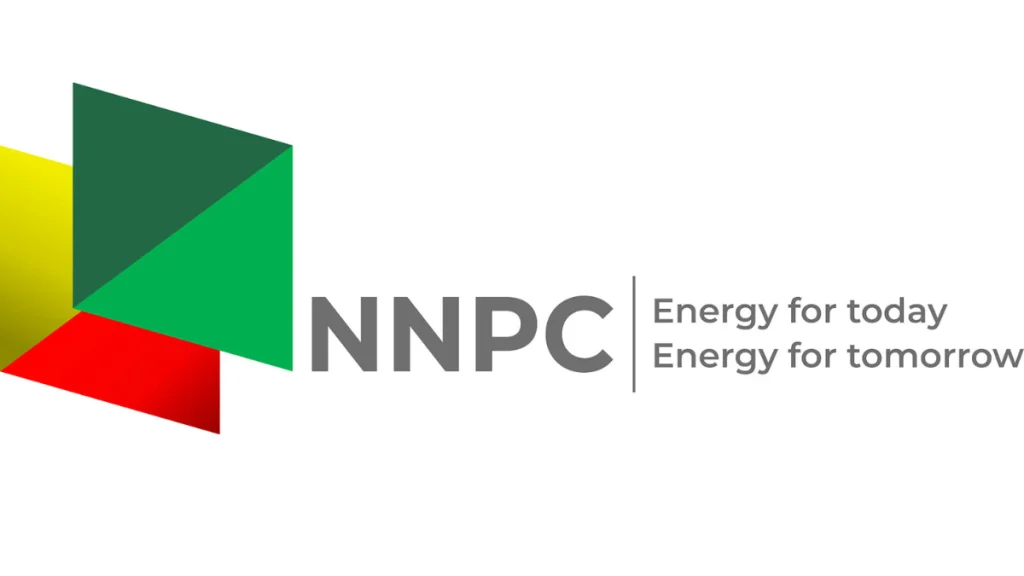The Nigerian National Petroleum Company Limited (NNPCL) has requested a refund of ₦4.71 trillion from the Federal Government to cover debts incurred from importing Premium Motor Spirit (PMS), commonly known as petrol.
This claim is categorised under “Exchange rate differential on PMS and other joint venture taxes” for the period from August 2023 to June 2024.
Finance Minister and Coordinating Minister of the Economy, Wale Edun, revealed this information during the June meeting of the Federation Accounts Allocation Committee. The minutes of the meeting, obtained on Thursday, provide further details.
Exchange rate differentials refer to the variances in currency values over time, affecting the cost of transactions. For example, if one U.S. dollar was worth 0.9 euros today and 0.8 euros tomorrow, the differential would be the change between these two rates.
The request for a refund indicates that the government will need to cover the difference between the projected rate and the actual costs incurred by NNPCL for fuel imports. This discrepancy, which should ideally be reflected in the retail price of petrol and borne by consumers, challenges the government’s claims of eliminating subsidies.
Amid ongoing challenges with fuel supply, the minister explained that NNPCL had presidential approval to use the “Weighted Average Rate” from October 2023 to March 2024. NNPCL also sought an extension of this period to cover the differential rate but was advised to seek further approval from the National Economic Council.
The minutes from the meeting noted that the NNPCL had an outstanding claim of ₦2.69 trillion against the federation as of May 2024 due to the application of the Weighted Average Rate. This claim had increased to ₦4.71 trillion by June 2024.
The government’s National Economic Council had permitted NNPCL to import fuel at an exchange rate of ₦650 to $1 from June 2023. However, due to the naira’s devaluation, the rate surged to ₦1,200, creating a discrepancy of ₦550.
President Bola Tinubu had declared on May 29, 2023, that “subsidy is gone,” signaling the end of subsidies that had been seen as a barrier to economic growth. This claim has faced scrutiny from international bodies like the IMF and World Bank, which argue that fuel subsidies have been reintroduced in some form.
A proposed economic stabilisation plan from June indicated that the government might spend about ₦5.4 trillion on fuel subsidies. Oil marketers reported that the subsidy on petrol had risen to approximately ₦707 billion per month, with a landing cost of ₦1,117 per litre.
During the meeting, Akwa Ibom State Finance Commissioner Linus Nkan questioned the basis of the ₦2.6 trillion exchange rate differential against the federation. He requested further clarification on this matter.
Joshua Danjuma, General Manager of the FAAC office at NNPCL, confirmed that the claimed amount was to cover the landing costs of PMS and noted that costs had significantly increased by May 2024 due to exchange rate changes.
Mohammed Bello, Chairman of the Revenue Mobilisation Allocation and Fiscal Commission, explained that the exchange rate benchmark of ₦650 to $1 was used for pricing from June 2023. He also noted that NNPCL had received approval to freeze the Proforma Invoice Ex-coastal transfer price at ₦524.99 from August 2023 to March 2024 to ensure stable petroleum supply and national energy security. NNPCL had sought an extension of this rate until June 2024, though the sub-committee had not yet reviewed this extension.
The weighted average exchange rate for June 2024 was reported at ₦1,200, significantly higher than the ₦650 benchmark. The sub-committee observed that the volume, price, and sales value were not provided to justify the exchange rate differential. NNPCL agreed to provide additional information to clarify these issues.
Niger State Finance Commissioner Lawal Maikano highlighted the underperformance of revenue-generating agencies, noting that only 50% of the budgeted revenue for the current year had been achieved. He urged for a more realistic adjustment to the FAAC revenue budget projections.
Kaduna State Finance Commissioner Shizzer Bada expressed concern over the accumulation of outstanding revenue arrears by agencies, which run into trillions of naira between 2023 and 2024. She called for expedited reconciliation with these agencies.
Ali Mohammed, Director of Home Finance, reported that the Office of the Auditor-General of the Federation is conducting a forensic audit of the ₦2.7 trillion subsidy claim by NNPC, with results expected to be available to FAAC after completion.
Energy expert Professor Wumi Iledare questioned the rationale behind NNPCL’s claim for a refund, noting that the NNPC sells oil in foreign currency on behalf of the government. He argued that if NNPCL adheres to its new status, it should pay royalties, taxes, and corporate income tax to the government rather than seeking refunds. He expressed confusion over why the government would return money to NNPC and suggested that the claim might reflect “under-recovery” for fuel importation.

